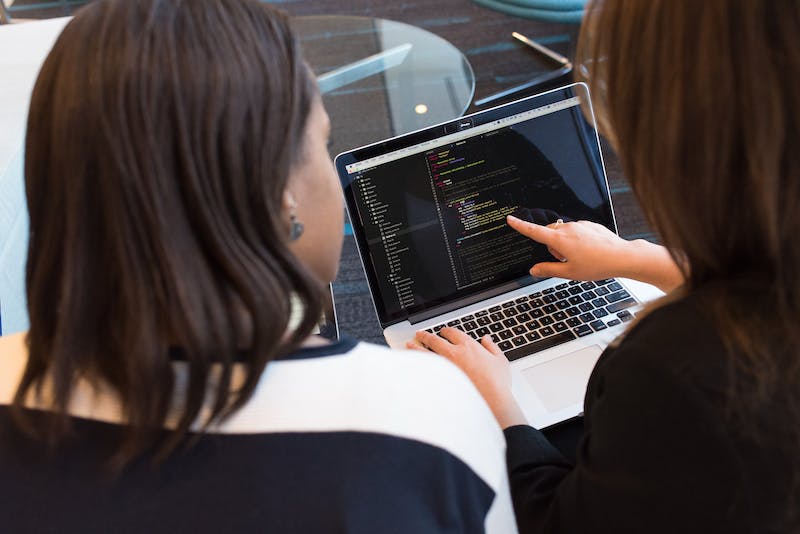
10 Essential Tips to Secure Your WordPress Website
Introduction
With the growing popularity of WordPress websites, IT‘s essential to prioritize their security. WordPress is a highly versatile and user-friendly platform, making IT a target for hackers. However, by implementing some vital security measures, you can protect your Website from potential threats and ensure its smooth functioning. In this article, we will provide you with 10 essential tips to secure your WordPress Website effectively.
Tips to Secure Your WordPress Website
1. Keep Your WordPress Version Up to Date
WordPress releases regular updates to enhance security and fix any vulnerabilities. By keeping your WordPress version up to date, you ensure that your Website benefits from the latest security patches. Enable automatic updates to avoid missing any critical updates.
2. Install Reliable Security Plugins
WordPress offers a wide range of security plugins that can help safeguard your Website. Install a reputable security plugin like Wordfence or Sucuri Security to strengthen your Website‘s security. These plugins offer features like malware scanning, firewall protection, and login security to protect your site from common threats.
3. Use Strong Passwords
Create strong, unique passwords for your WordPress admin account, FTP, and database. Weak passwords are easy for hackers to crack. Include a combination of lowercase and uppercase letters, numbers, and special characters. Regularly update your passwords to ensure maximum security.
4. Secure Your Login Page
By default, WordPress login pages can be accessed via wp-admin and wp-login.php. Restrict access to these pages by limiting the login attempts and implementing two-factor authentication. This will significantly reduce the risk of brute force attacks on your Website.
5. Enable HTTPS
Secure your WordPress Website by enabling HTTPS. Purchase an SSL certificate and install IT on your server to encrypt the data transmitted between your Website and users’ browsers. HTTPS provides an additional layer of security, boosting user confidence and protecting sensitive information.
6. Regularly Backup Your Website
Periodically backing up your Website is crucial in case of any security breaches or data loss. Use reliable backup plugins like UpdraftPlus, BackupBuddy, or VaultPress to automate the backup process. Save your backups on an external server or cloud storage for added security.
7. Limit User Permissions
Grant user roles and permissions carefully. Only provide necessary privileges to users, reducing the risk of unauthorized access. Regularly review and update user accounts, removing any dormant or unused accounts to prevent potential security breaches.
8. Change Default Database Prefix
Change the default database prefix from “wp_” during the WordPress installation process. This adds an additional layer of security and makes IT more difficult for hackers to target your database tables.
9. Disable File Editing
By default, WordPress allows users with administrator access to edit theme and plugin files. However, disabling file editing from the WordPress dashboard adds an extra layer of security. If an intruder gains access to your admin account, they won’t be able to modify critical Website files.
10. Secure Your Hosting Environment
Choose a reputable hosting provider that prioritizes security. Look for providers that offer firewalls, malware scanning, and regular security updates. Keep your server software up to date and monitor your Website traffic for any suspicious activity.
Conclusion
By implementing these 10 essential tips, you can greatly enhance the security of your WordPress Website. Regularly updating your WordPress version, installing reliable security plugins, and securing your login page are essential steps to protect your Website from potential threats. Enabling HTTPS, backing up your Website, and limiting user permissions are crucial for guarding your data. Changing default database prefixes, disabling file editing, and securing your hosting environment further fortify your Website‘s security. Remember, a secure Website ensures your visitors’ trust and safeguards your valuable online presence.
FAQs
1. How often should I update my WordPress version?
IT is recommended to update your WordPress version as soon as updates are available. Regular updates help fix any potential security vulnerabilities and ensure your Website is protected.
2. Are free security plugins effective?
While there are some reliable free security plugins available, IT‘s advisable to invest in premium security plugins that offer advanced features and dedicated support. Premium plugins often provide a higher level of security for your WordPress Website.
3. Should I backup my Website even if IT is secure?
Yes, IT is essential to regularly backup your Website regardless of its security status. Backups help you restore your Website in case of any unforeseen events, such as hacking attempts, server crashes, or Website malfunctions.
4. Can changing the database prefix protect my Website completely?
No, changing the database prefix alone cannot provide complete protection for your Website. However, IT adds an additional layer of security, making IT harder for hackers to target your database tables. IT is crucial to combine this step with other security measures.
5. What should I do if I suspect a security breach?
If you suspect a security breach on your WordPress Website, take immediate action. Change all passwords, scan your Website for malware, and restore your Website from a recent backup. Additionally, seek assistance from a professional security service if necessary.





